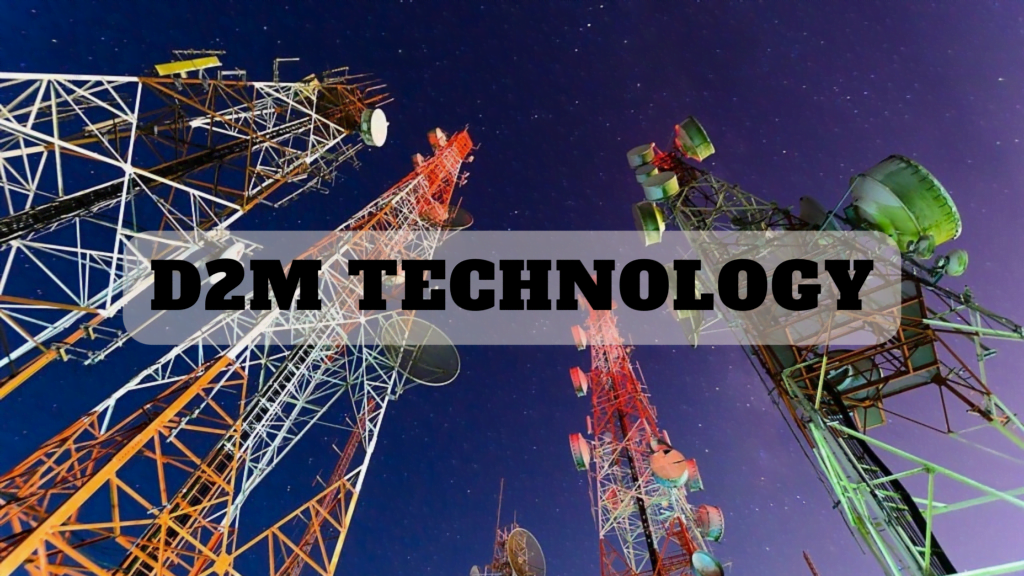Introduction
Artificial Intelligence (AI) has emerged as a groundbreaking technology with immense significance in space exploration. By enabling autonomous decision-making and data analysis, AI has revolutionized the way we explore the cosmos. This article delves into the captivating realm where science fiction meets reality, examining the historical context, current advancements, and potential future impact of AI in space.

Defining Artificial Intelligence (AI) and its significance in space exploration
AI refers to the development of intelligent machines that can perform tasks requiring human-like cognitive abilities, such as learning, problem-solving, and decision-making. In space exploration, AI plays a vital role by assisting in autonomous spacecraft navigation, optimizing mission planning, enhancing satellite missions, and even facilitating human-AI collaboration.
Historical Context of AI in Science Fiction
Science fiction literature and films have long captivated our imagination, often portraying AI as a central theme in space exploration narratives. Early works like “2001: A Space Odyssey” depicted AI entities, such as the sentient computer HAL 9000, showcasing the potential of AI to either assist or pose challenges to human spacefarers. Popular franchises like “Star Trek” further shaped our perception of AI by introducing characters like the USS Enterprise’s intelligent computer, “Computer.”
Emergence of Real-world AI in Space
Advancements in AI technology have facilitated its integration into real-world space missions. Organizations like NASA have embarked on experiments with AI algorithms to enable autonomous spacecraft navigation. By utilizing machine learning techniques, these algorithms can process immense amounts of data and make informed decisions, freeing up human operators for more complex tasks.
Examples of AI utilization in space:
NASA‘s Jet Propulsion Laboratory pioneers the “dextrobot” for intricate tasks like welding on satellites.
The European Space Agency (ESA) pioneers the “Autonomous Spacecraft Guidance, Navigation and Control System” for autonomous spacecraft navigation.
The China National Space Administration (CNSA) employs AI for the “Feitian Z-1” spacesuit, enhancing astronaut comfort and efficiency.
AI-Assisted Space Exploration
Autonomous Robots and Rovers
AI-powered robots and rovers play a critical role in planetary exploration, where they can operate independently in harsh environments. Examples like the Mars rovers, Curiosity and Perseverance, showcase the capabilities of AI-driven systems in collecting data, analyzing terrain, and even conducting experiments remotely. These robots have expanded our understanding of celestial bodies within our solar system.
AI enables autonomous decision-making for robots on distant planets
Robots like Curiosity and Perseverance demonstrate the capabilities of AI in planetary analysis and experiment conduction.
Intelligent Satellites and Probes
AI enhances satellite and probe missions through advanced data analysis and image recognition algorithms. Deep learning techniques allow these systems to identify patterns, detect anomalies, and deliver precise information about celestial bodies, aiding scientists in unraveling the mysteries of the universe.
Deep learning algorithms empower satellites and probes to analyze data and recognize images in space.
AI-driven analysis helps scientists gain insights into celestial bodies.
Advanced Mission Planning and Execution
One of the critical aspects of space exploration is mission planning and execution, and AI algorithms have significantly optimized these processes. By utilizing immense computational power, AI algorithms can navigate complex trajectories, account for unforeseen variables, and efficiently manage resources. Notably, Mars missions have demonstrated the successful application of AI-assisted mission planning.
AI algorithms optimize mission planning by calculating trajectories and managing resources
Mars missions showcase the efficiency of AI in mission planning.
AI Onboard the International Space Station (ISS)
The International Space Station (ISS) incorporates AI systems for monitoring and maintenance. AI assists astronauts by simplifying routine tasks, such as maintenance checks and fault detection, allowing them to focus on critical scientific experiments. Data analysis onboard the ISS also benefits from AI capabilities, enabling real-time insights and efficient processing of experiments.
AI systems onboard the ISS streamline maintenance tasks and fault detection
AI aids data analysis and facilitates real-time insights for scientific experiments.
Conversational AI and Human-AI Collaboration in Space
In space missions, integrating AI assistants has proven beneficial for improving communication and decision-making processes. Conversational AI systems enable astronauts to interact with AI entities, seek information, receive instructions, and address critical challenges. However, human-AI collaboration poses ethical considerations, including the balance between autonomous decision-making and human oversight.
AI assistants enhance communication and decision-making in space missions.
Ethical challenges arise from the collaboration between humans and AI entities.
AI for Space Exploration Beyond our Solar System
AI holds immense potential for interstellar space exploration. Deep space missions generate vast amounts of data, and AI algorithms can efficiently process and analyze this information. These advancements in AI enable us to unravel the mysteries of distant galaxies and potentially discover extraterrestrial life.
AI algorithms process massive amounts of data from deep space missions.
AI contributes to our understanding of distant galaxies and the possibility of alien life.

Challenges and Considerations for AI in Space
Reliability and Safety
As AI takes on critical roles in space missions, ensuring the reliability and safety of AI systems becomes paramount. Robust testing, redundancy mechanisms, and fail-safe protocols must be in place to safeguard against system failures or malfunctions.
Testing, redundancy, and fail-safe protocols are crucial for ensuring the reliability and safety of AI systems.
Ethical Dilemmas and Accountability
The rise of autonomous decision-making in space missions raises ethical concerns regarding accountability. Establishing responsible frameworks and guidelines is necessary to govern AI systems and ensure their actions align with ethical standards.
Responsible frameworks and guidelines are needed to address ethical concerns associated with AI’s autonomous decision-making.
Data Security and Privacy
Space missions involving AI collect sensitive and valuable data that must be protected. Robust data security measures and protocols are essential to prevent unauthorized access, mitigate potential cyber threats, and preserve the privacy of collected data.
Data security measures are vital for protecting sensitive data collected during space missions involving AI.
Read This Interesting : THE FUTURE OF SPACE EXPLORATION: IS MARS OUR NEXT HOME?
The Future of AI in Space
The future of AI in space exploration holds great promise. As technology continues to advance, AI will undoubtedly play an increasingly pivotal role. However, a balance must be achieved between technological progress and ethical considerations to ensure responsible and beneficial utilization of AI in space missions.
Is science fiction becoming reality?
The use of AI in space is one instance of how technology fiction is becoming truth. In many technology fiction tales, AI is used to discover area, to colonize unique planets, and to even combat wars. While we’re nonetheless some distance from attaining some of these desires, the use of AI in space is a vast step in that route.
It is thrilling to reflect on consideration on the destiny of AI in area. As AI era maintains to increase, we will best believe the brilliant things that AI will be used to reap in the future years.
Summary
In summary, AI has revolutionized space exploration by enabling autonomous spacecraft navigation, enhancing mission planning and execution, improving data analysis, and facilitating human-AI collaboration. By addressing challenges related to reliability, safety, ethics, and data security, AI can continue to propel space exploration to new frontiers.



